
How tech companies have created a massive content problem
When you wake up in the morning and read the news, or start consuming content, where’s the first place you turn? According to Pew Research Center, about 66 percent of adults who use Facebook on a regular basis get their news there primarily -- nd 40 percent of adults, in total, rely on Facebook as a primary source of news. If you don’t check Facebook as a primary source, you probably use Google searches to find news and content -- or at least to supplement your primary channel.
For the most part, search engines, social media sites, and news aggregation platforms have worked wonders for society. They make it faster and easier than ever to read new information -- mostly for free -- and have only grown in popularity over the years. However, they’ve also created a massive problem -- and one that isn’t easy to fix.

Top US banks have multiple online security flaws
Analysis of the internet presence of 25 out of 50 top US banks reveals a worrying number of online security flaws.
Threat management company RiskIQ used its Digital Footprint product, which provides a real-time inventory of all internet-facing assets, including the components running on assets that may expose the organization to vulnerability risk. It also correlates newly discovered vulnerabilities with internet-exposed components and assets, highlighting those at risk to inform patching and remediation planning.

Just one percent of NHS trusts have migrated to Windows 10
Last year, the UK’s National Health Service was hit hard by the WannaCry/WannaCrypt ransomware attack that went on to infect computers around the world. The attack was so bad that Microsoft took the unprecedented step of patching Windows XP to try and stem the spread of the problem.
While it first believed that NHS computers running XP were the source of the issue, it turned out to be Windows 7 systems that were mostly to blame. PCs running Windows 10 were immune from the attack. You would have thought, having been through such a terrible experience, that the NHS would have taken steps to prevent it happening again, but it seems not.

Say goodbye to Swype
Android and iOS users who are not happy with the stock keyboard on their device have lots of third-party options to choose from. Among the established alternatives is Swype, which has been available for nearly five years on Android and over three on iOS. It's actually one of the first third-party keyboards I tried on both platforms.
Swype, however, hasn't really caught on in quite the same way that, say, SwiftKey has, which is likely the reason why the company behind the app, Nuance, has announced that it's reached "end of development." In other words, Swype users, your favorite keyboard is now discontinued.

GDPR and the challenge of personal data discovery
For enterprises to comply with GDPR it's vital that they have an understanding of where personal data is located in each of their systems.
Metadata discovery specialist Silwood Technology is releasing research into five of the largest and most widely used application packages to understand the scale of the challenge encountered by their customers when locating personal data.
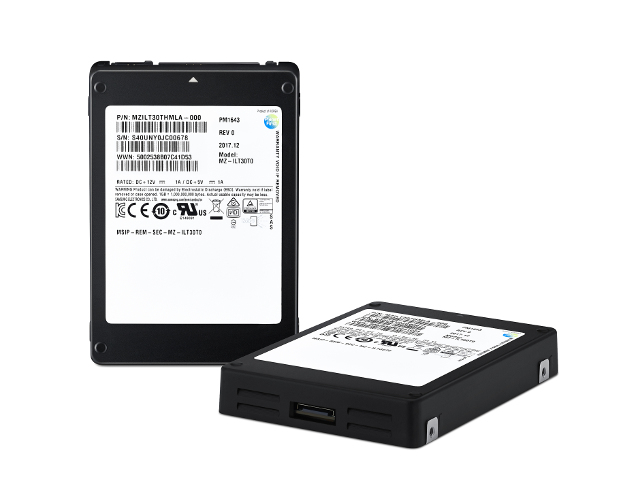
Samsung starts mass producing 'PM1643' SSD with monstrous 30.72TB capacity
Solid state drives are much faster than mechanical hard drives. From a capacity perspective, however, the old-school hard drives typically offer more storage space. It is for this reason that many individuals and businesses still rely on hard disk drives for larger backups.
Today, Samsung throws all logic out of the window by announcing it is mass producing a solid state drive with monstrous capacity. The "PM1643," as it is called, offers an insane 30.72TB of storage space! This is achieved by using 32 x 1TB NAND flash.

Windows Phone already sucks, but Microsoft is making it even worse by killing notifications
Windows Phone can be chalked up as yet another failure for Microsoft. Consumers hated it, and as a result, developers avoided it. It joins other disastrous Microsoft projects like Windows RT, Kin, and Zune in the graveyard.
If you are still clinging to a device running Windows Phone 7.5 or 8.0, I feel sorry for you. Your phone is already terrible, but on February 20, it will get even worse. You see, Microsoft is killing push notification services.
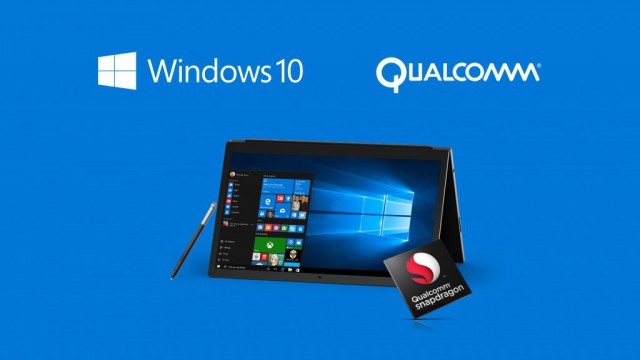
Windows 10 on ARM: Here's what you'll be missing
Windows 10 on ARM is a very interesting proposition for road warriors. You get the benefits of a full-featured operating system in a package that rivals the battery life and connectivity options of a mobile device. What's not to like?
While on paper it may sound like it offers the best of both worlds, Windows 10 on ARM is not perfect -- at least not yet -- as Microsoft's own documentation raises some serious questions surrounding its usability and compatibility.

iPhone beaten in performance race by 1970's Apple II and other even older computers (and a mechanical calculator)
It’s a fact that today’s mobile phones boast way more computing power than the systems used by NASA to put a man on the moon in the 1960s.
The iPhone 6, released in 2014, is 32,600 times quicker than the speediest Apollo-era computers and capable of performing instructions a whopping 120,000,000 times faster. So in a race against seven computers from the past 75 years, you’d imagine the iPhone 6 would wipe the floor with an Apple II from 1977, a 1990s PC running Windows 98, and a £12.99 BBC Micro:Bit, right? Wrong.
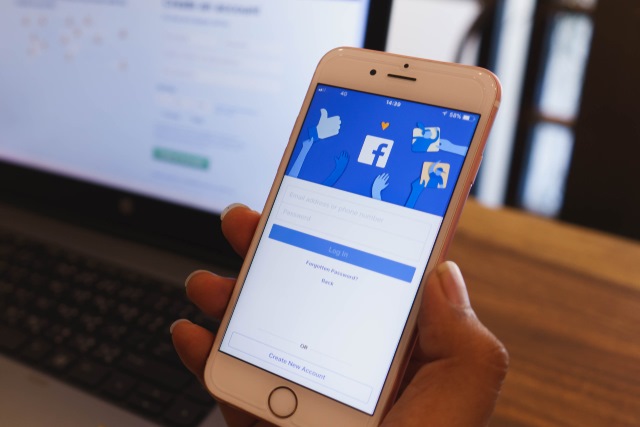
Europe threatens Facebook with fines for tracking users and non-users online
Just last week Facebook was hit with the news that its privacy settings -- as well as the way the company uses personal data -- are illegal in Germany. Now the social network has been threatened with fines for tracking people through third-party websites.
The tracking affects even people who do not have a Facebook account, and this is something that a Belgian court took exception to. Belgium's privacy watchdog also told Facebook to delete data that had been illegally collected about Belgian citizens.

Prediction #7 -- 2018 will see the first Alexa virus
There’s a new Marvel superhero series on Fox called The Gifted that this week inspired my son Fallon, age 11, to predict the first Alexa virus, coming soon to an Amazon Echo, Echo Dot or Echo Show cloud device near you. Or maybe it will be a Google Home virus. Fallon’s point is that such a contagion is coming and there probably isn’t much any of us -- including both Amazon and Google -- can do to stop it.
The Gifted has characters from Marvel’s X-Men universe. They are the usual mutants but the novel twist in this series is that some of these particular mutants are able to combine their powers with terrible effect. They just hold hands, get angry, and it is mayhem squared.
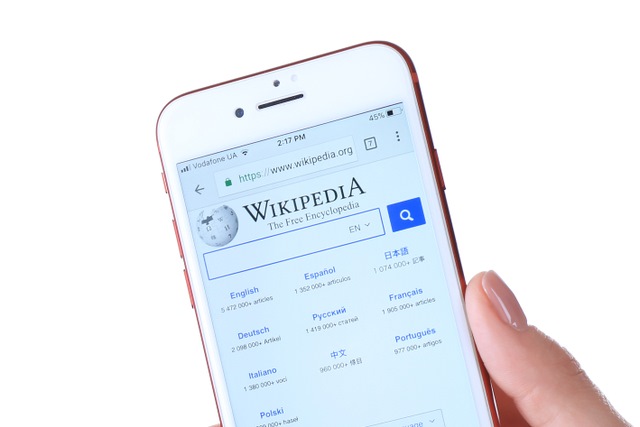
Freely accessible Wikipedia Zero is no more
The Wikimedia Foundation is to kill off Wikipedia Zero this year. The zero-rated version of the online encyclopaedia was launched six years ago with the aim of providing free access to mobile users in numerous countries, but there has been a significant drop in demand.
The foundation has partnered with dozens of mobile operators around the world to provide free access to Wikipedia. Among the reasons for shutting down the program is "low awareness of Wikipedia outside of North America and Europe."
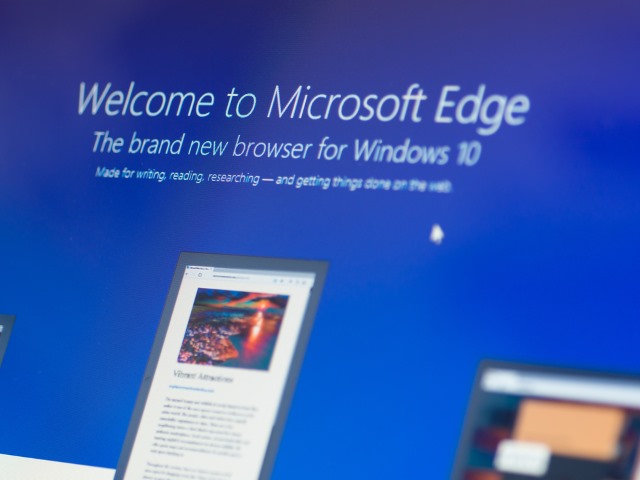
Microsoft Edge vulnerability exposed as Microsoft misses Google's Project Zero disclosure deadline
Google has revealed details of a security vulnerability in Microsoft Edge before a patch has been produced. Through Project Zero, Google notified Microsoft about a bug in the browser's Arbitrary Code Guard (ACG) feature back in November, giving the company the usual 90-day disclosure deadline.
Google went further, granting Microsoft a further grace period of two weeks on request, but the vulnerability remains unfixed in Windows 10. As such, details of the "ACG bypass using UnmapViewOfFile" bug have now been made public.
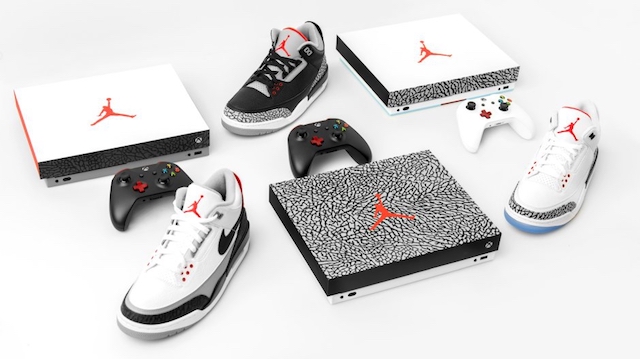
Giveaway: Win a limited edition Air Jordan III Xbox One X from Microsoft
If you have a new 4K TV, one of the best complementary devices you can buy is the Xbox One X. Not only can it play UHD streaming content, but it supports 4K Blu-ray too -- something the PlayStation 4 lacks. Best of all, Microsoft's newest console variant can handle 4K gaming -- yet another thing Sony's gaming machine fails to do.
Anyone with $500 can score an Xbox One X -- that's a basic move. If you really want to be the envy of your friends, a limited edition version of the console is what you want. Microsoft is currently running a giveaway for some extremely limited Xbox One Machines. You see, to celebrate the Air Jordan 3 sneaker (for whatever reason) the Windows-maker is giving away three unique consoles. There are three styles, but only one of each is being produced. In other words, these Air Jordan Xbox One X consoles are about as rare as they come.

Twitter kills its Mac app, and that's a good thing
In 2016, I bought my very first Mac -- a beautiful MacBook Pro with Touch Bar. Since then, the laptop and I have been inseparable. The computer comes with me when I go to, say, a coffee shop, but it also serves as my desktop when I am home by connecting to a large monitor, keyboard, and mouse. In other words, I love the computer, but also, I really admire macOS.
When I first began using the Mac, I downloaded a bunch of software I thought I would enjoy. As a big Twitter user, I obviously installed the official app for that social network. You know what? It sucked. I tried to make it work, but ultimately, using a web browser was just a much better experience. On any desktop operating system, users are wise to use a browser. Let's be honest -- Twitter apps are best saved for smartphones and tablets. Twitter the company apparently agrees, as today, it officially kills the Mac app.



